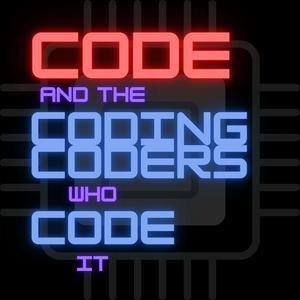Rails upgrades don’t have to feel like crossing a minefield. We sit down with Ernesto, founder and CTO of FastRuby and Ombu Labs, to unpack a pragmatic path from legacy Rails to Rails 8.1 and how AI can accelerate the work without sacrificing quality. From Ruby 4.0 landing over the holidays to a near-release of RubyCritic 5.0, we dig into the tools, the traps, and the test-suite realities that make or break an upgrade.
Ernesto walks us through a free AI-powered upgrade roadmap that analyzes your repo, dependencies, and code to chart a step-by-step plan—covering everything from Rails 2.3 onward. We compare it to their paid roadmap that adds time and cost estimates for stakeholders who need budgets before they commit. Along the way, we talk strategy: why 5.2 marked a turning point for smoother jumps, where major versions still bite, and how to avoid the “big bang” deployment that topples fragile apps.
AI shows up as a sharp tool, not an autopilot. Ombu is experimenting with agent-driven PRs that draft changes while humans review and refine. We assess hallucinations (better, not gone), verbose code that bloats review cycles, and the mixed evidence on productivity. Then we get practical about safe AI adoption: organization licenses, editor integrations, and enforcing your existing quality gates like RuboCop, Reek, RubyCritic, and coverage checks so “faster” still means “safer.”
We also celebrate community. Philly.rb is back in person at Indy Hall with talks on AI agents and Hotwire Native, and we swap tips on discoverability, speaker sourcing, and venues. Rails remains a strong choice for startups and teams because convention over configuration helps both humans and AI produce sane, testable code. If you care about getting upgrades right and using AI responsibly, this conversation offers clear steps and real-world guardrails.
Enjoy the episode? Subscribe, share it with a teammate wrestling an upgrade, and leave a quick review so more Rubyists can find us. Have a talk idea for Philly.rb? Reach out—we’d love to host you.
Send us some love.
Judoscale
Autoscaling that actually works. Take control of your cloud hosting.
Honeybadger
Honeybadger is an application health monitoring tool built by developers for developers.
Judoscale
Autoscaling that actually works. Take control of your cloud hosting.
Disclaimer: This post contains affiliate links. If you make a purchase, I may receive a commission at no extra cost to you.
Support the show


